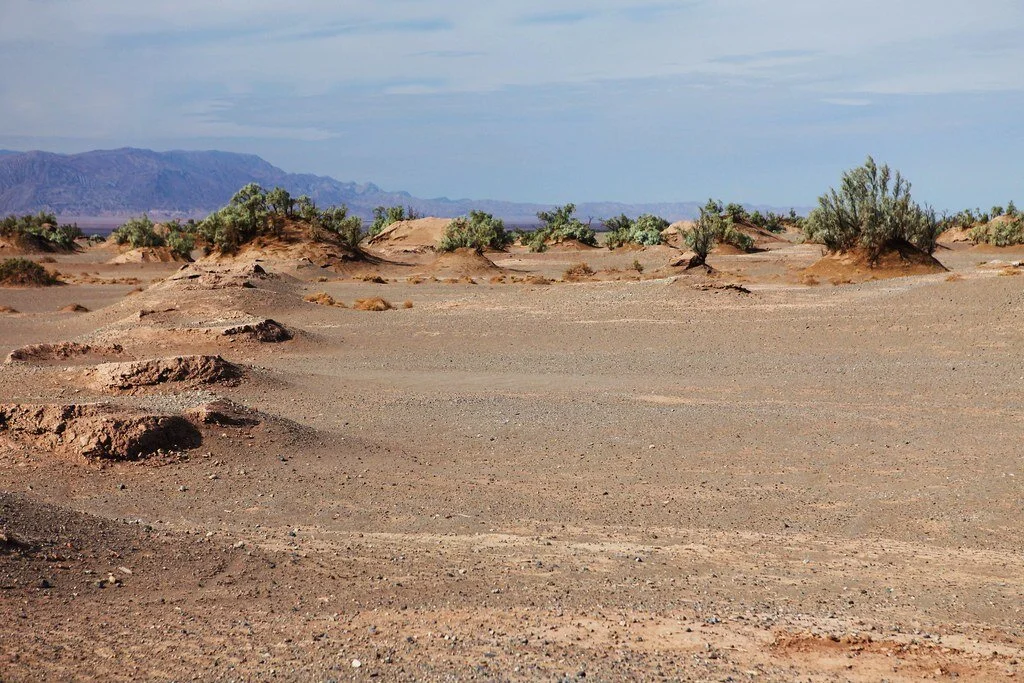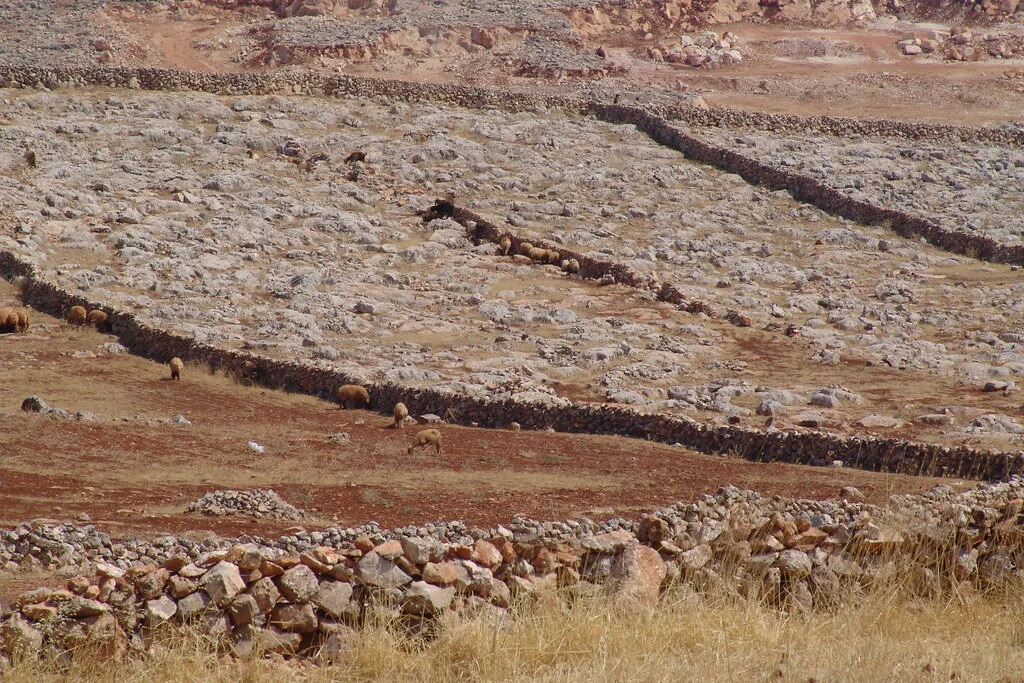Droughts have caused agricultural collapse and water shortages across several Middle Eastern countries, with recent protests erupting, calling for governments to take action.
The recent protests in Iran over water scarcity were a part of unrest and rebellion across the entire Middle East after droughts caused agricultural collapse and water shortages in several countries.
The protests began in the oil-rich southwestern province of Khuzestan after accusations that the Iranian government is diverting water to drill for oil. At least eight protestors were killed in different cities.
Climate change is partly responsible for the protests, due to droughts and sandstorms but years of government inefficiency have also largely contributed to the problem. Many development projects put forth in Khuzestan over the years have caused environmental damage and water shortages, including the construction of hydroelectric dams, water transfers to neighboring provinces and irrigation schemes that have only fed agriculture.
According to Khuzestan lawmaker Mojtaba Youssefi, more than 700 villages in the province do not have drinking water and many farmers’ livestock have died of thirst.
Authorities in the area have reacted to the water protests with violence and have cut internet access.
Drought is one of the most significant drivers of conflict not just in Iran, but also everywhere in the Middle East. For example, agricultural collapse and droughts caused many rural Syrian families to migrate to cities and fight for resources and jobs.
The northern Syrian countryside in high summer. Charles Roffey. CC BY-NC-SA 2.0.
Droughts have been a historical constant in the Middle East, but water shortages are becoming even more intense and are present for greater lengths of time due to longer dry seasons and higher temperatures which are driven by global warming.
Yet, politicians and government corruption are also to blame for the droughts. Water shortages only continue to point toward unrest and rebellion, prolonging the social and political trouble that climate change has already caused. Also, the ineffectiveness of water dams in Iraq have caused acute and chronic water shortages there as well.
To make up for these water shortages, farmers and governments are pumping huge amounts of groundwater, which risks turning fertile land into deserts. In 2015, NASA satellites mapped water losses in the region since 2002 and found that parts of Iran and Iraq had lost from 6 to 10 inches of groundwater due to human activity.
As the conflict progresses in Iran, there are risks of violence between neighboring states competing over water resources.
GET INVOLVED
The Borgen Project is a nonprofit that addresses global poverty and hunger and works towards ending them. With their project on the water crisis in the Middle East, they offer internships and volunteering opportunities as well as accept donations.
Water for People is another organization which brings water, sanitation and hygiene services to those in need. People can get involved with this nonprofit by fundraising, partnering with the company and volunteering.
Isabelle Durso
Isabelle is an undergraduate student at Boston University currently on campus in Boston. She is double majoring in Journalism and Film & Television, and she is interested in being a travel writer and writing human-interest stories around the world. Isabelle loves to explore and experience new cultures, and she hopes to share other people's stories through her writing. In the future, she intends to keep writing journalistic articles as well as creative screenplays.



